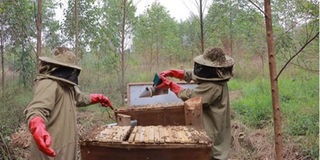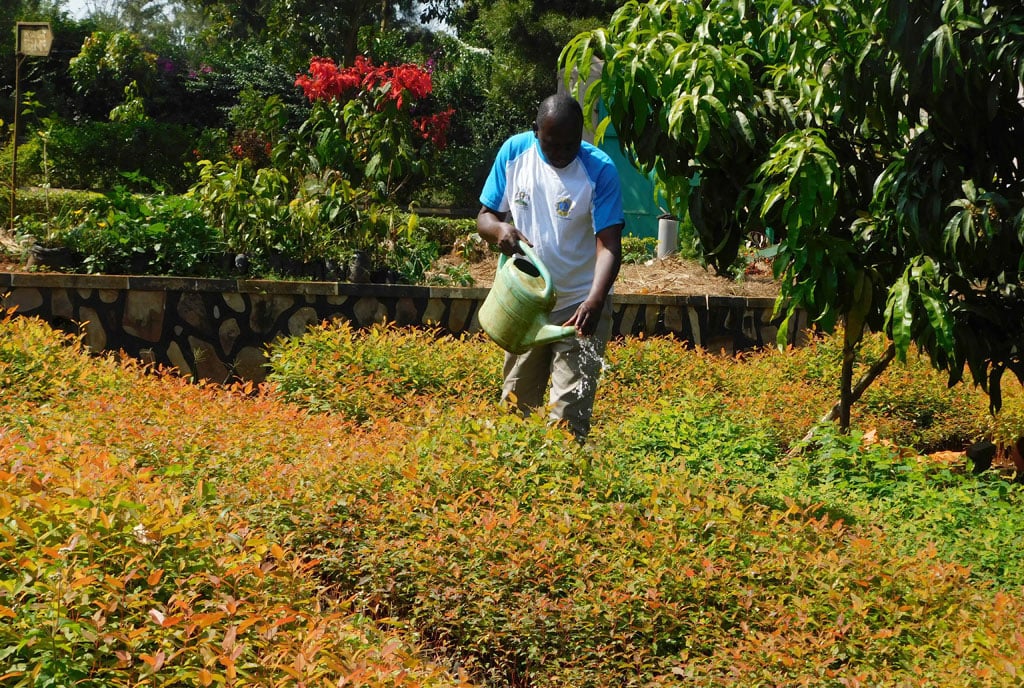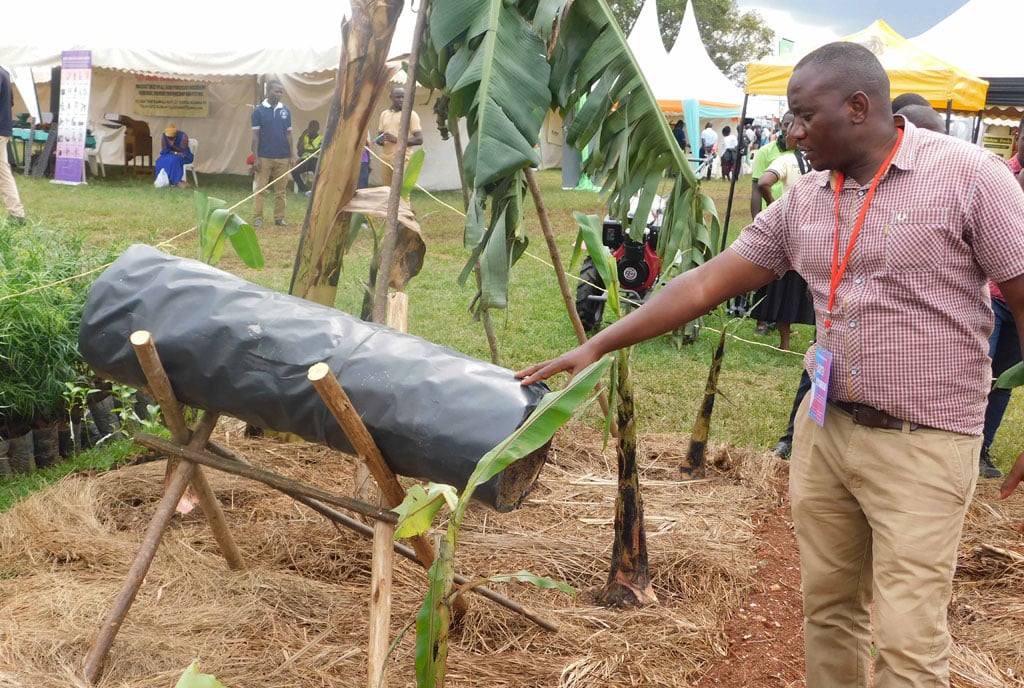Inclusivity is essential in tailoring growth, says Biryomumaisho

Baryomumaisho says one of the biggest challenges faced by bee keepers was low quality products.
What you need to know:
- Bee World. World Honey Bee Day is celebrated every third Saturday in August. In Uganda, the day will be celebrated on August 20 under the theme ‘Bee engaged with youth’. ESTHER BRIDGET NAKALYA spoke to Tunado’s Dickson Biryomumaisho about the importance of bees.
Tell us about yourself.....
My name is Dickson Biryomumaisho, The Executive Director of The Uganda National Apiculture Development Organisation (TUNADO), I am an academician, international apiculture expert with bias in commercial entomology and a specialist in Member Based Organisation management. I am also a social entrepreneur.
Since your appointment.... what has changed in the bee sector?
I must say quite a lot of positive transformations have transpired
· Beekeeping was a disregarded sector and less appreciated by the public. Together with other sector players and team at TUNADO, we have made beekeeping one of the highly cherished enterprises. The sector is more cohesive. We have managed to bring the entire sector under one roof (TUNADO).
· Beekeepers are now the biggest honey export hubs in east and Central Africa that will house product Development, laboratories, training centre, national storage, and demo apiaries for training upcoming beekeepers.

Bee farmers harvesting honey. Photos | Esther Bridget Nakalya
· Uganda now boosts of 1,200,000 beekeepers with over 48,000,000kgs of honey produced annually worth Shs384 billion (approximately USD103.8M annually). Compared to all other sectors, one can say that the country earns without expenditure for more than 95% of things used to produce honey are locally available unlike other sectors where almost more than 60-100 percent of things required are imported.
· We also have national beekeepers training and extension manual with a lot of user guides that we have developed. Hence access to information to help you start beekeeping is no longer a challenge.
What virtues makes you?
I’m not a self-seeker, I always want to see growth pertaining to everyone that I work with and always want to share my little achievements with people around me.
How has your position at TUNADO shaped your personality?
It is a position I took on when I was still a youth, and this has built my responsibility and accountability. It has also humbled me to be, a good listener, seek advice, and above all respect everyone that is contributing to the success of the sector.
What are some of the issues that affect the bee sector and how can they be resolved?
One of the biggest challenges we used to have were low quality products, lack of market for bee products and access to credit for apiculture investment. I must say there is a study progress. Thanks to UNBS for making it possible for certify Ugandan honey and other bee products.
There are major issues affecting the apiculture sector: such as deforestation which reduced bee habitat, misuse of agrochemicals that kill pollinators and reduce bee activity, lack of data to guide sector planning and limited extension services due to limited funds to recruit extension staff across the country, which affects productivity, quality of bee products.
To resolve some of these issues, we have adopted agroforestry among beekeepers, implored government to ban importation of harmful agrochemicals and recruitment of entomologists and also we have rolled out a low cost model-Rural Transformation Centers that builds capacity of TUNADO’s institutional members to use their structures to recruit and cascade trainings to other people in beekeeping as part of strengthening their sourcing structures.
This year’s world bee day is highlighted under the theme; bee engaged with youth, what measures are you putting in place to ensure the youth and other persons such as persons living with disabilities, the women and youth productively contribute to the sector?
As we celebrate the International World Bee Day on May 20 under the theme “Bee engaged with youth” TUNADO has done a lot of work on Inclusion of youth, PwDs and women in beekeeping.
The change started in 2016 at policy level, where TUNADO developed gender policy, disability inclusion policy, that have shaped our programming as an organisation. Inclusion of youth, women, and persons with disabilities. for example 30 percent of our budget goes towards gender mainstreaming, 5 percent towards PwDs inclusion.
We have evolved as an organisation to make our interventions friendly to youth, right from the communication channels that we use, the extension staff are all youth, we have developed simple and short beekeeping training guides and posted them on YouTube and other social media sites to enable the youth to access and get engaged in beekeeping.
Your favourite quote is.....
“Nothing gives a person more confidence than to be zipped snugly inside a bee suit.” -Sue Hubbell.





